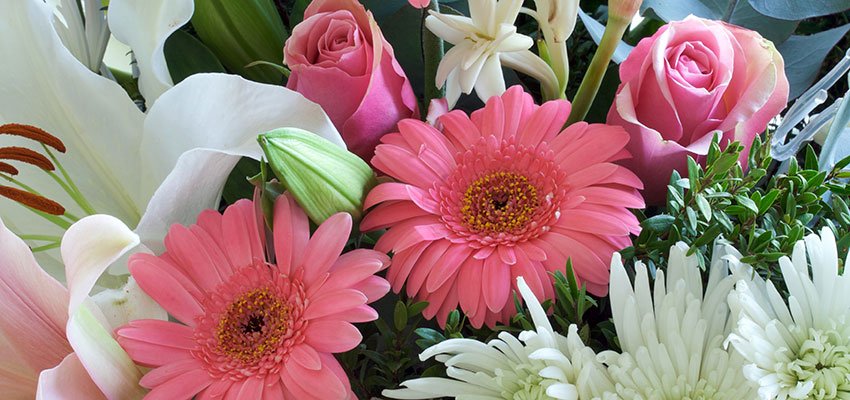THE import demand for cut flowers has dramatically risen in the past 20 years for Valentine’s Day as well as other gushy holidays, and while your wife may love the gesture, head of plant biosecurity at the Department of Agriculture and Water Resources Dr Marion Healy said your freshly imported bouquet could carry biosecurity risk for domestic agriculture and home gardens.
“Some of the pests and diseases that can hitchhike on imported flowers include thrips, mites and exotic plant pathogens,” Dr Healy said.
But do not panic, DAWR is hard at work helping to manage biosecurity hazards before your loved one’s imported, dozen roses move offshore.
Australia’s strict flower-import rules, which include pest controls in the field, pest and disease inspection, and in some cases fumigation, are all in place for good reason as imported pests and disease can compromise environment, agricultural industries, and the economy.
“We rely on the public and industry to help keep out exotic pests and diseases and you can do your part by being biosecurity aware when travelling to Australia, shopping online or importing goods,” Dr Healy said.
A simple way to exhibit Dr Healy’s biosecurity awareness is to declare restricted or risk items when coming into the country.
“Over this period we see presents like flowers, plants, even soft toys that may have sand or rice in them, arriving in Australia and these could carry biosecurity risks,” Dr Healy said.

